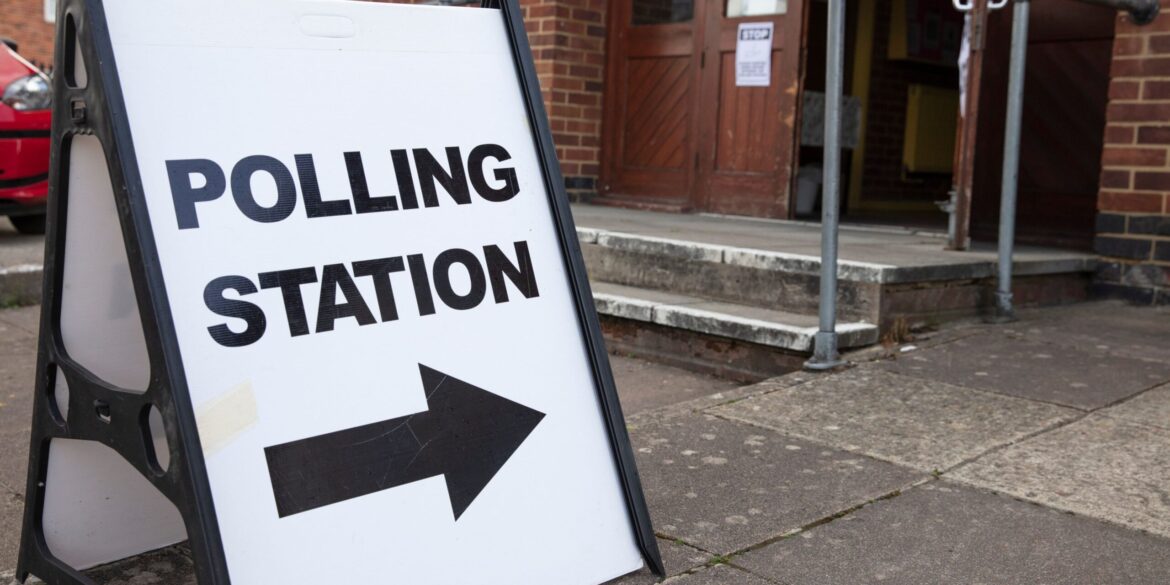New Jersey voters headed to the polls on June 10, 2025, to cast their ballots in a pivotal set of primary elections that will shape the state’s political leadership for years to come. This year’s primary is especially consequential as Governor Phil Murphy is term-limited, opening up the field for new leadership across both major parties.
A Competitive Field Across Party Lines
The Democratic primary featured a diverse and crowded field of candidates with wide-ranging experiences in public service, education, and municipal leadership.
Among the frontrunners is a U.S. Representative from New Jersey’s 11th congressional district, known for her military service and work as a federal prosecutor. Her platform focuses on clean energy investment, reproductive rights, and expanding access to health care.
Another prominent figure is a congressman representing the state’s 5th district, well known for his centrist policies and efforts to build bipartisan coalitions. His campaign centers around affordability, small business growth, and infrastructure improvement.
The mayor of the state’s largest city entered the race promoting progressive reforms, police accountability, and increased investment in underserved communities. He has gained traction among younger voters and urban constituents.
Joining the mix is the mayor of a rapidly growing city, whose administration has been credited with major economic redevelopment projects. He has positioned himself as a pragmatic problem-solver focused on innovation and fiscal management.
Also in contention is a long-time education advocate and former municipal leader, emphasizing the importance of teacher support, curriculum modernization, and student safety.
Rounding out the Democratic roster is a seasoned state legislative leader who played a significant role in past budget negotiations and public employee reforms. He appeals to voters seeking stability and experience.
On the Republican side, the race includes a familiar face: a former state assemblyman who ran for governor in the previous election cycle. His message resonates with traditional conservatives, stressing tax cuts, business incentives, and school choice.
A conservative talk show host with strong grassroots momentum has also entered the race, campaigning on a platform of government transparency, public safety, and parental rights in education.
A well-known state senator representing suburban and rural communities is offering a more moderate Republican alternative, focusing on economic competitiveness and bipartisan cooperation.
Additional candidates include a former local mayor with a focus on fiscal conservatism and community development, and a newcomer from the private sector promising fresh ideas and outsider leadership.
The End of the County Line and Its Impact
One of the most talked-about changes in this year’s primary is the removal of the so-called “county line” from the ballots.
This structural shift in ballot design means candidates no longer appear grouped by party endorsements, allowing voters to see all candidates in a more neutral format. The reform is seen by many election analysts as a way to reduce the influence of party machines and increase fairness.
Some candidates, particularly those without institutional backing, have praised the change, arguing it gives underdogs a better shot at reaching voters directly. Others worry that the new layout may confuse some constituents unfamiliar with the names of lesser-known hopefuls.
Key Issues Shaping Voter Preferences
Throughout the primaries, several themes have emerged as top concerns among voters across New Jersey.
Taxes remain a perennial issue, with candidates across the board pledging to address property tax burdens. Education policy has also dominated the conversation, especially as debates continue over curriculum standards, teacher compensation, and school safety measures.
Public safety and policing reform remain high on the agenda, especially in urban areas. Meanwhile, suburban voters have prioritized traffic infrastructure, property value retention, and municipal zoning challenges.
State responses to federal mandates—including those related to climate change, energy policy, and healthcare access—have also become key talking points as candidates seek to position themselves on the national political spectrum.
Looking Ahead to the General Election
New Jersey’s general election is slated for November 4, 2025.
The winners of the Democratic and Republican primaries will now spend the summer and fall campaigning statewide, aiming to appeal to an increasingly diverse and politically active electorate. With independent and undecided voters likely to play a decisive role, candidates are expected to fine-tune their messaging and widen their outreach.
As voters look ahead to the general election, New Jersey remains a key state to watch—not only for its gubernatorial race but also for the potential ripple effects it may have on national politics and policy debates.

